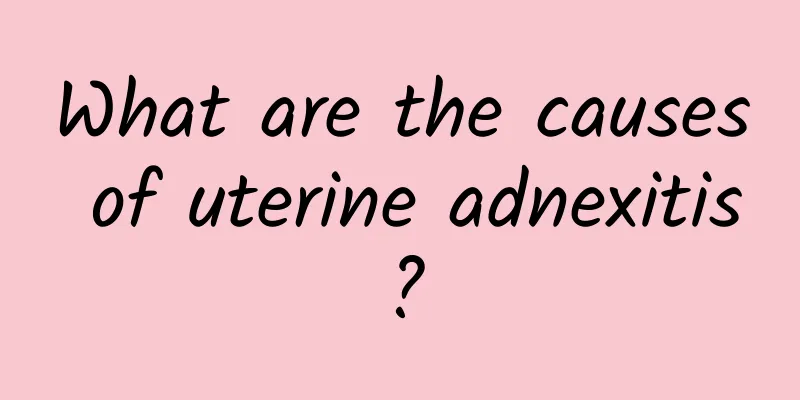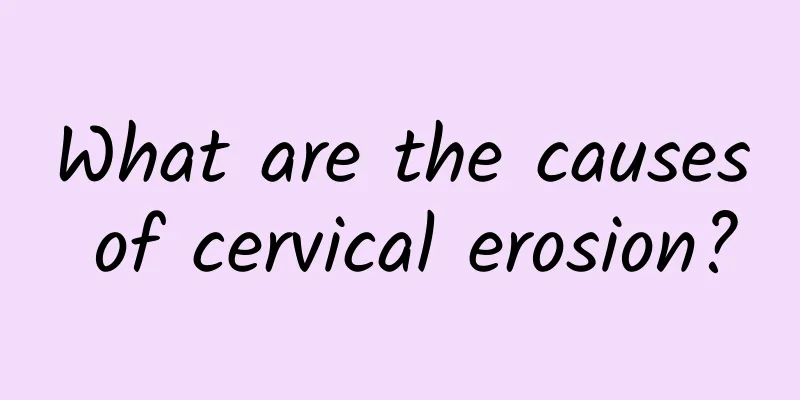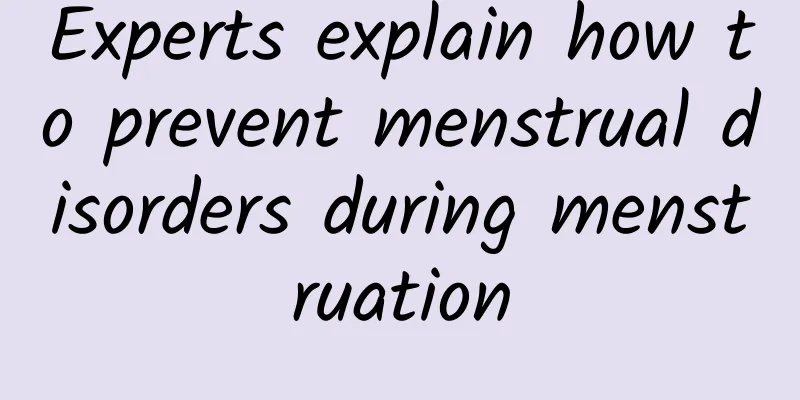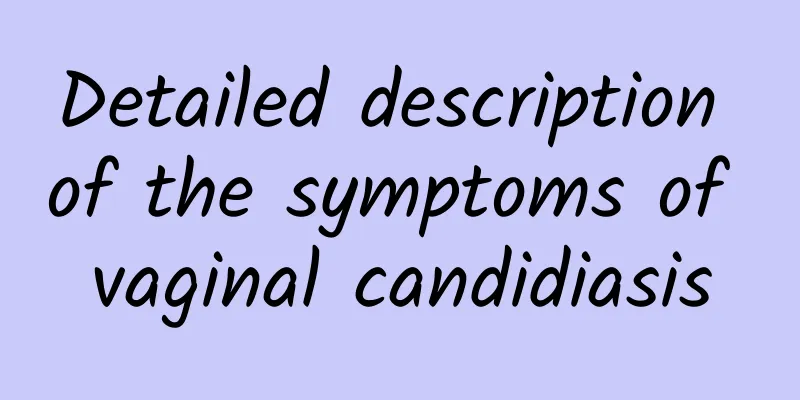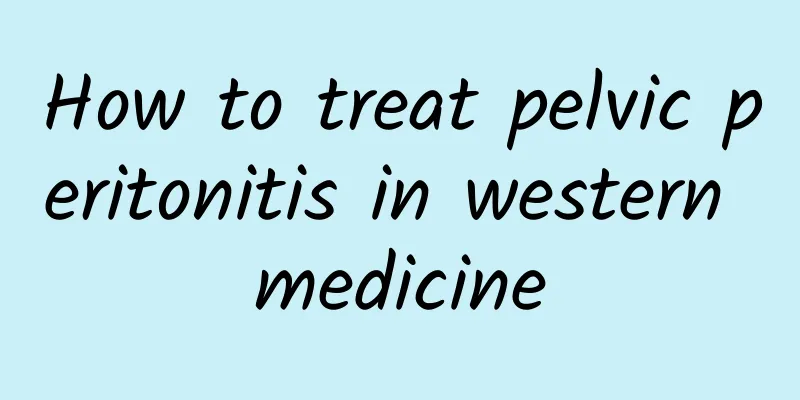Symptoms of cervical adhesion after abortion
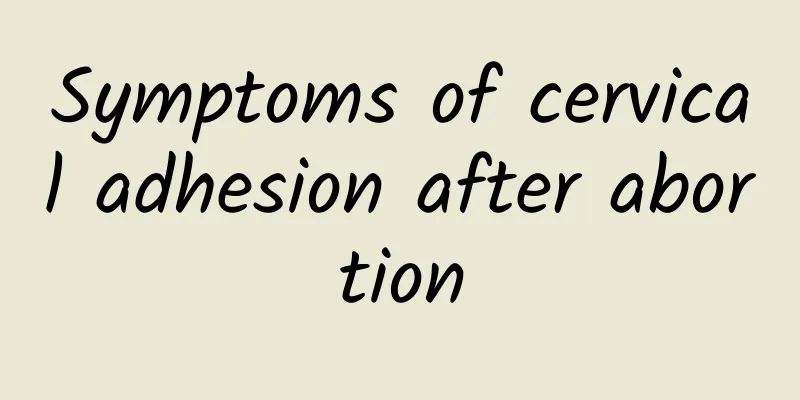
|
After an abortion, some women may experience cervical adhesions, which should be treated promptly. Cervical adhesions are a scarring phenomenon of the cervical endometrium caused by trauma or infection, which affects the normal shedding and regeneration of the endometrium, and may further lead to problems such as abnormal menstruation or infertility. Before understanding the symptoms, let's take a look at what cervical adhesions are. Imagine the uterus and cervix as an open space. When this channel is blocked by scar tissue, it is like the water pipes at home that are blocked due to lumps. After an abortion, the endometrium may be damaged to a certain extent, resulting in an increased risk of cervical adhesions. Common symptoms include a significant decrease in menstrual volume or even amenorrhea, irregular periods, abdominal pain, etc. If it is complete adhesion, secondary amenorrhea may occur because menstrual blood cannot be discharged smoothly. Before understanding the symptoms, let's take a look at what cervical adhesions are. Imagine the uterus and cervix as an open space. When this channel is blocked by scar tissue, it is like the water pipes at home that are blocked due to lumps. After an abortion, the endometrium may be damaged to a certain extent, resulting in an increased risk of cervical adhesions. Common symptoms include a significant decrease in menstrual volume or even amenorrhea, irregular periods, abdominal pain, etc. If it is complete adhesion, secondary amenorrhea may occur because menstrual blood cannot be discharged smoothly. The method of dealing with cervical adhesions is mostly surgical solution, which is to separate adhesions through hysteroscopy. But how can we prevent this situation? Postoperative care is very important. Maintain good hygiene habits, pay attention to observe your physical condition after surgery, and seek medical attention for follow-up examinations in time. If you find any abnormal conditions, such as a sudden decrease in menstruation or unbearable abdominal pain, do not hesitate to consult a doctor in time. Such situations urgently require professional medical judgment and treatment to avoid affecting the quality of life or fertility problems in the future. Following the doctor's advice, maintaining an active lifestyle and healthy eating habits will also be of great benefit to physical recovery. |
<<: Will abnormal vaginal discharge affect pregnancy?
>>: What are the Chinese patent medicines for treating liver depression and spleen deficiency?
Recommend
Several important points to note for painless abortion
Painless abortion is a surgery that many women ch...
The key to postpartum exercise to reduce belly fat: the degree of rectus abdominis separation
After 10 months of hard pregnancy, the baby is fi...
What should not be eaten after miscarriage? What should be paid attention to in dietary adjustments after miscarriage?
After a miscarriage, you must make a reasonable a...
Will dieting cause irregular menstruation? 4 reasons for irregular menstruation
What are the causes of irregular menstruation? So...
Can eating coriander help resist aflatoxin? Nutritionist: Don’t trust folk remedies, here are 3 tips to stay away from aflatoxin
Most people know that excessive intake of aflatox...
Is premature ovarian failure hereditary?
Is there a genetic tendency for premature ovarian...
Dietary care for patients with amenorrhea
Amenorrhea is a common gynecological disease in w...
What diet is helpful for pelvic inflammatory disease
In real life, many women have been plagued by gyn...
Does uterine fibroids require surgery? Does uterine fibroids require surgery?
Some women with uterine fibroids tend to panic af...
Two major misunderstandings in the treatment of uterine fibroids
There are two common misunderstandings about the ...
How to deal with light menstrual flow and pain
How to deal with scanty and painful menstruation?...
Explain the early symptoms of pelvic inflammatory disease
Pelvic inflammatory disease is a type of gynecolo...
To prevent fat accumulation and obesity, is guava a magic weapon? Nutritionist He Ziyi: Eating 4 kinds of high-fiber fruits can help you lose weight
Abdominal fat accumulation is not only a big enem...
How long should I take Chinese medicine for pelvic effusion? What are the prescriptions?
How long does it take to take Chinese medicine fo...
Should I eat more protein to lose weight? Can you eat more chicken breast with the lowest fat? Fitness coach: Eating the wrong food will make you fat
When many people plan a weight loss menu, they th...
